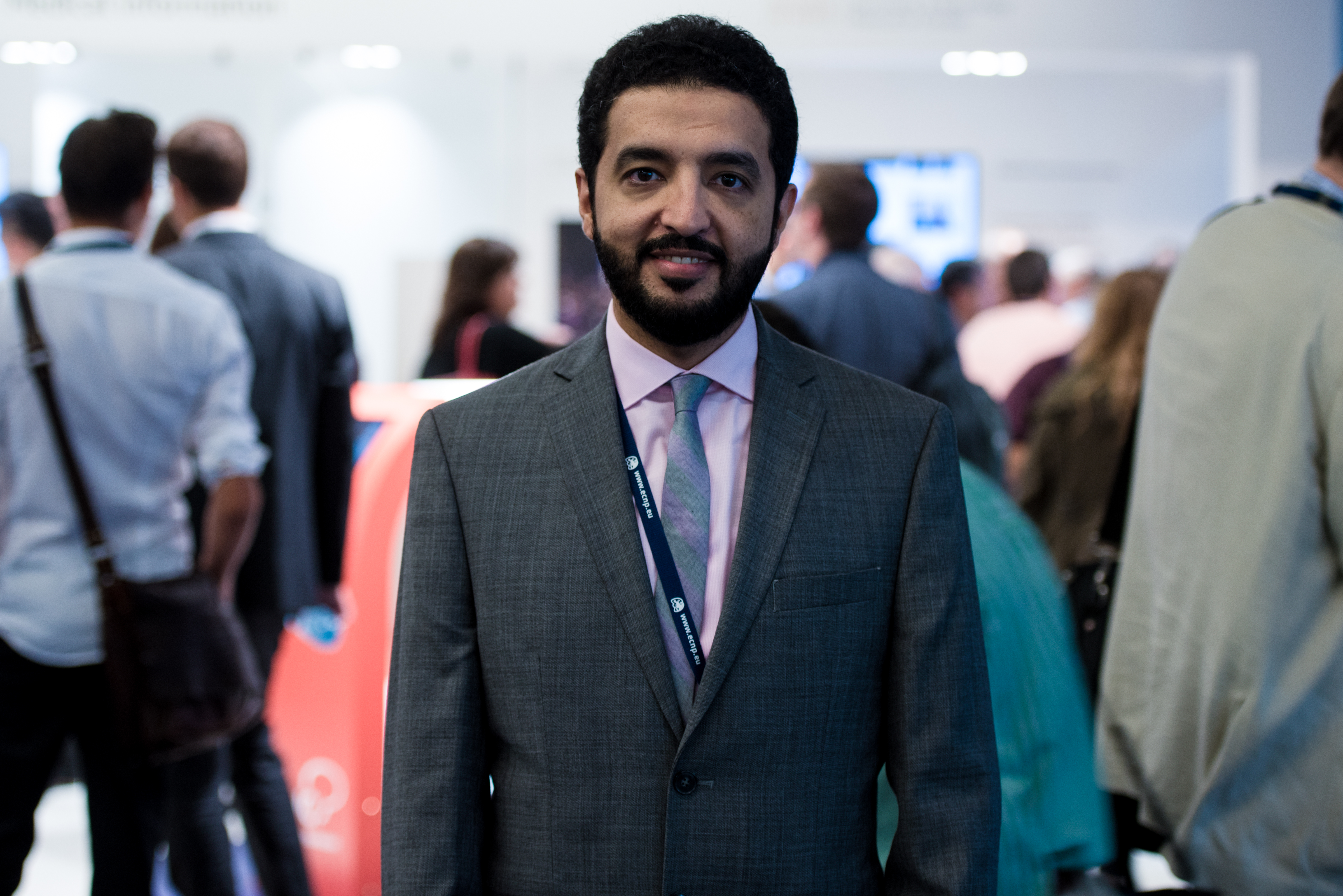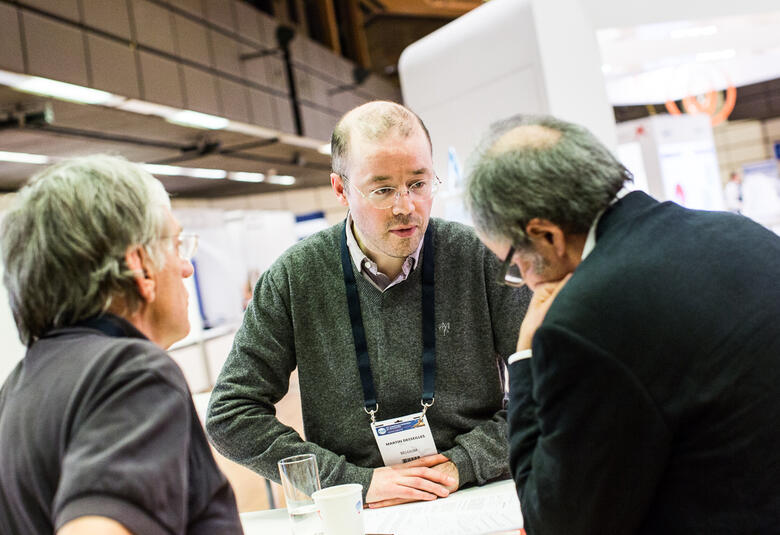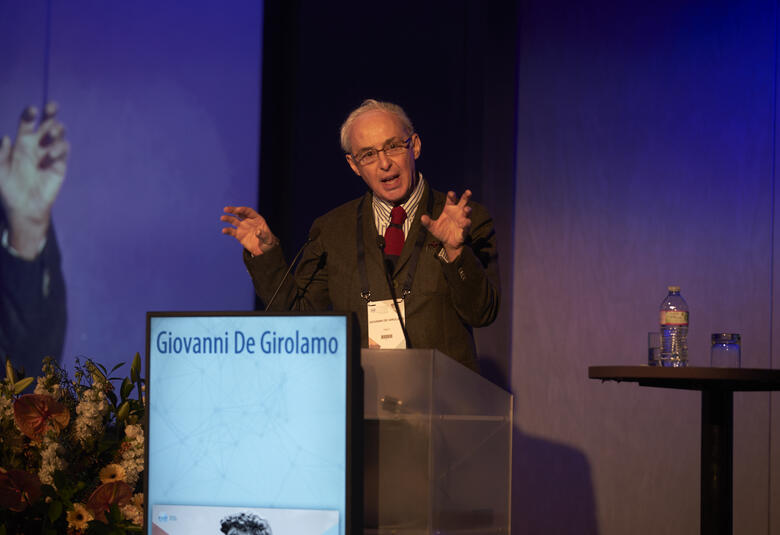
Combining medication with psychotherapy is the key to good outcome, suggests Dr Ahmad AlHadi, of the Department of Psychiatry, King Saud University, Riyadh, Saudi Arabia
How do you diagnose major depression (MDD)?
Usually by clinical interview including a thorough history and mental state exam. We may need to rule out organic disease and substance abuse. In the majority of patients we use the self-report PHQ-9 or the Beck Depression Inventory, but do not generally use the HAM-D or MADRS since they have not been validated in Arabic.
What are the most significant challenges?
Pharmacotherapy is easily accessible in Saudi Arabia but the challenge is its side effects. Most medications cause sedation or obesity, and we already have a high prevalence of obesity. Reaching remission is also a challenge and may require more than one medication, which can cause more side effects.
A second difficulty is that there are too few well-qualified and good psychotherapists.
So you use a combined approach?
Yes, in most patients. I trained in CBT in Canada, but there are few of us and demand is very high.
With the combined approach, we see remission in 80-90% of patients, but the definition varies, and there may well be residual symptoms. I don’t use the HAM-D. It is more important that the patient is happy about the progress they’ve made and have returned to baseline function, or close to it.
What are the most significant advances you have seen?
Aside from pharmacotherapy, we have CBT, and mindfulness-based CBT, and also Acceptance and Commitment Therapy. This is promising for mood disorders and I use it in 20-30% of patients.
Do you look for cognitive symptoms in depressed patients?
Cognition is a very important part of assessment, especially since I have a clinic for university students, who make up 40-50% of my practice. They complain of poor concentration and poor memory, and most of the time depression is the cause.


